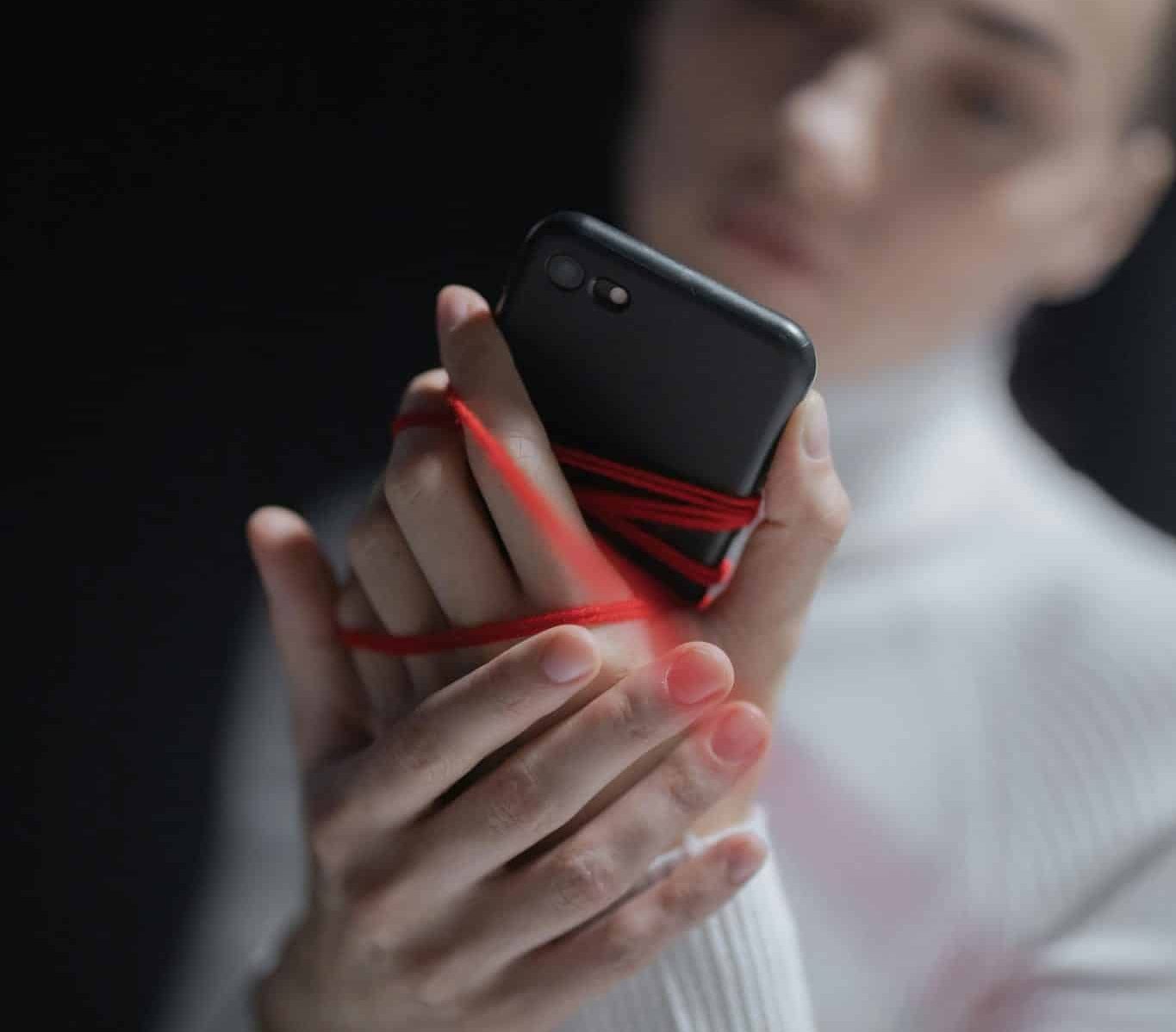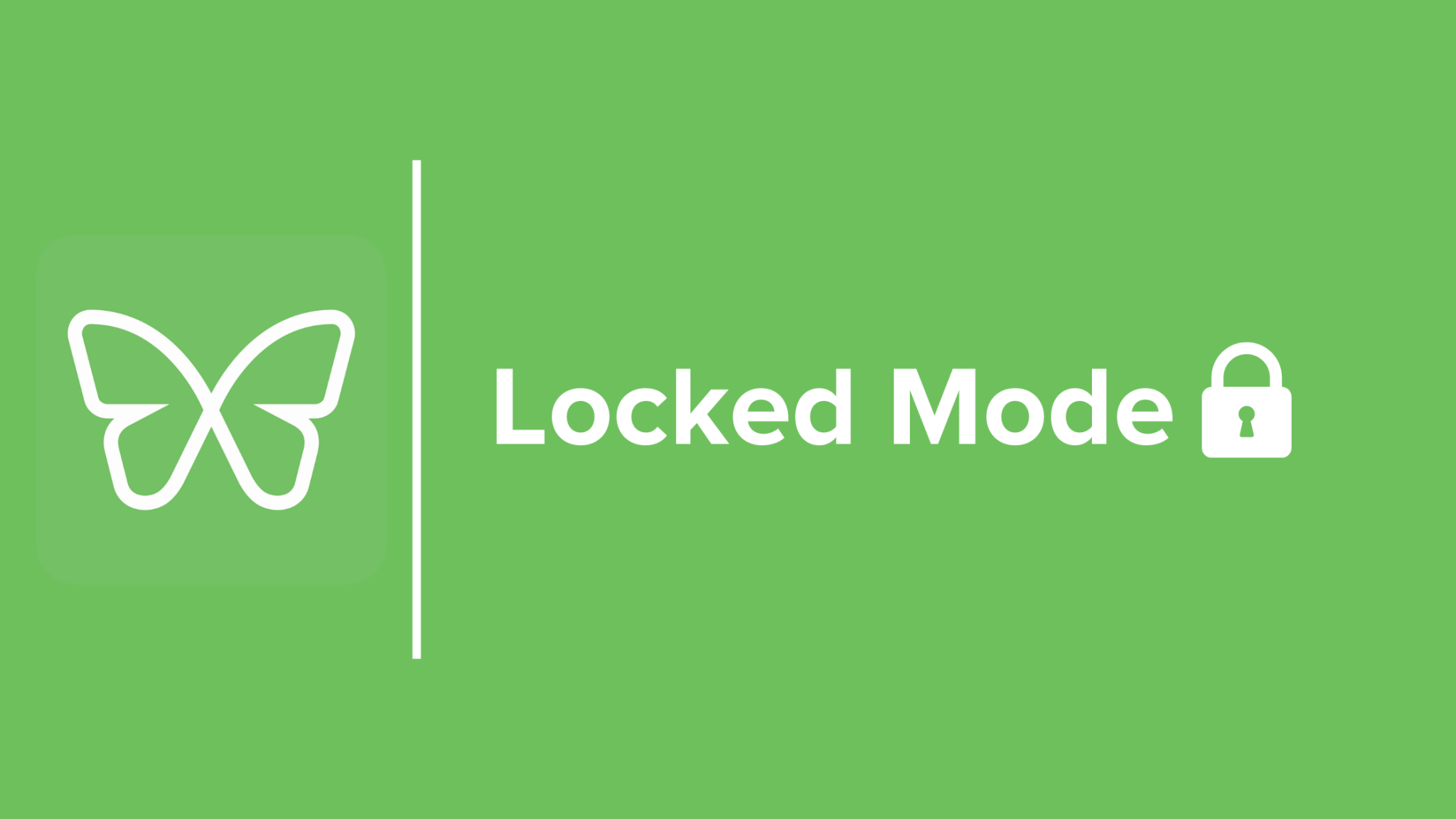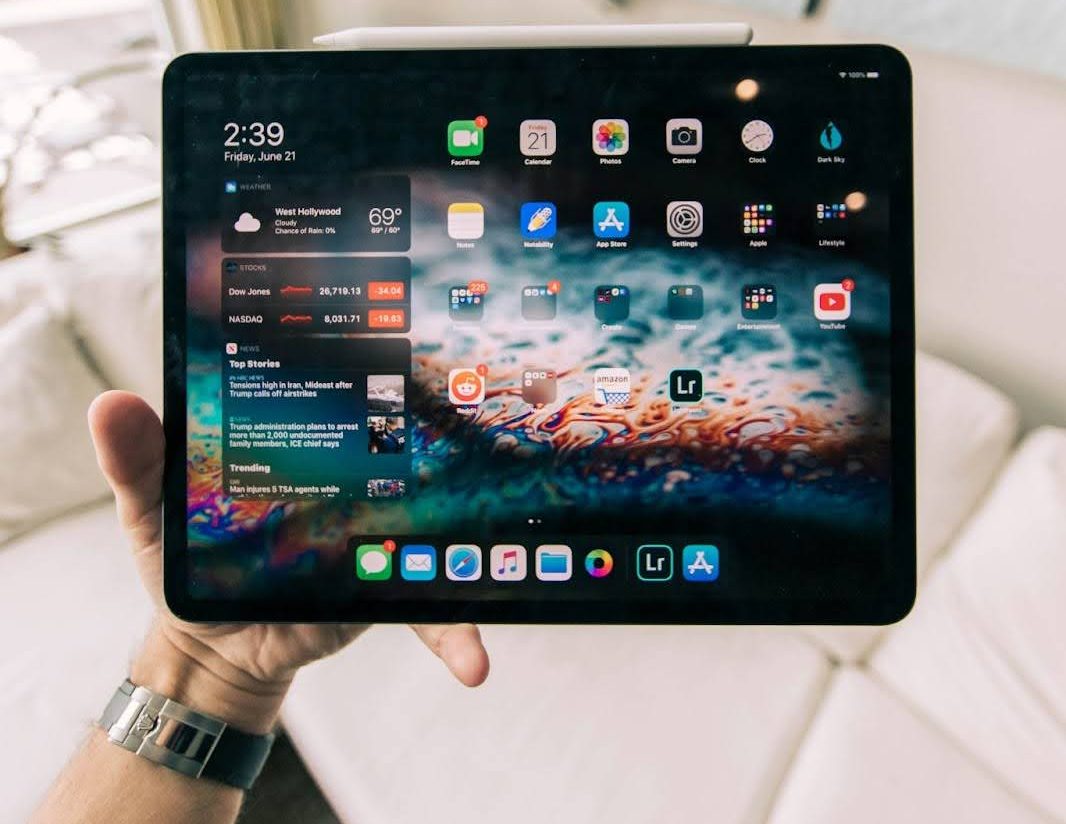Elissa Bassist on Finding Her Authentic Voice

When this writer realized her physical pain was caused by her silence, she wrote a book about it
Here at Freedom, we frequently find ourselves inspired by the people who use our product.
From Academy Award-nominated screenwriters, bestselling authors, editors, and journalists, to developers, illustrators, designers, academics, and entrepreneurs – the Freedom community is packed with curious, creative, and passionate go-getters.
We love to share your stories because we believe the best way to solve the problems we face at work in today’s world is to learn from those who are living those experiences daily– and thriving while they do so!
Meet Elissa Bassist
Between 2016 and 2018 Elissa Bassist saw over twenty medical professionals for a variety of mysterious ailments. She had what millions of American women had: pain that didn’t make sense to doctors, a body that didn’t make sense to science, a psyche that didn’t make sense to mankind, and a voice that dogs could hear but people couldn’t.
Every sick person will be asked, “Have you tried acupuncture?”. Elissa did. And the acupuncturist suggested that some of her physical pain may be caged fury expressing itself via symptoms and that treating her voice would treat the problem. It did.
In HYSTERICAL, she explains how girls and women internalize and perpetuate directives about their voice, making it hard to “just speak up” and “burn down the patriarchy.” But then that silence hurts us more than anything we could ever say. HYSTERICAL is both a memoir and a primer on new ways to think about voice, about where it’s being squashed and where it needs amplification.
I was excited to sit down with Elissa and learn more about the book and how she eventually found her voice – and the freedom to write.

How did you know that you wanted to be a writer and what were your first steps in making this your career?
I’ve been writing and publishing since kindergarten (where I wrote stories about my mom’s marriages and divorces that I put on classroom walls), but “writing” wasn’t a career in the eyes of my family or any family, so I tried to be a lawyer first. But I failed “Logic and Reasoning” class in college, so lawyer-ing wasn’t for me.
Next, I wanted to work for writers, and I did. While working for writers I wrote a lot of emotional emails to exes, and they added up to book-length, so I tried turning them into a novel. When I couldn’t figure it out, I applied to masters programs in creative writing. 12 years later I published my book Hysterical. (Please buy it so that I may continue having a writing career.)
Most writers don’t “write for a living”; we write for ourselves, for a hobby, for therapy, for little or no money or fame.
In HYSTERICAL, you talk about how you repressed your voice for years in order to conform to society’s expectations of women. Some may find that surprising for someone who writes for a living…
I write in the book about the years I could not write. Most writers don’t “write for a living”; we write for ourselves, for a hobby, for therapy, for little or no money or fame.
It was only after I resuscitated my voice–through therapy–that I was able to finish writing Hysterical, a book that took me 11 years to write and an extra year to publish.
What made you decide to write a memoir and how did you manage the workload alongside your other jobs?
There were certain stories from my life that wouldn’t leave me alone and there were certain cultural conversations that I wanted to change and there were missing narratives in the world about women’s lives.
I managed writing along with teaching, editing, dog-walking, barista-ing, and freelancing with Freedom, obviously. If I didn’t have Freedom to save me from myself, then I would have never finished writing Hysterical.
When did you realize that your relationship with technology needed to be examined?
Probably the morning of a crack-of-dawn flight, when it was still dark as I got into the cab and realized I’d forgotten my MacBook Air—so I jumped out of the cab and sprinted back to my building, but my key didn’t work (no matter how many aggressive and invent jiggles I tried), so I slammed my shoulder into the door—once, twice, five times until I broke down the door like a mother who’s able to lift a car off her child trapped underneath, and I ran up the stairs, which had new and different tiling since five minutes ago, and once I got to my door, I realized it wasn’t my door and that I was in the building next to my building.
Since there was a camera at the door, I owed up to my landlord that no one broke into his other building but me, a woman who forgot her computer.
I think the fantasy nature of social media has subsumed and normalized the fantasy of scripted entertainment in which a woman’s value is erotic or aesthetic and her voice near-nonexistent.
We seem to care less and less what women have to say than what they have to show.
You wrote about being inside a personal “feedback loop” –which are also often associated with social media– so I wondered to what extent amplified messages on social media platforms might have contributed to your loss of voice?
I think the fantasy nature of social media has subsumed and normalized the fantasy of scripted entertainment in which a woman’s value is erotic or aesthetic and her voice near-nonexistent. And for women, the performative aspect of social media stems from the performative nature of scripted entertainment where, again, our value is erotic or aesthetic, and online, we seem to care less and less what women have to say than what they have to show. (See: the rape and death threats fired at women for saying anything at all.)
I write in Hysterical about objectification, which “equates a woman’s worth with her body’s appearance and sexual functions.” Objectification is so common that women self-objectify, and we use the internet and our phones to do it. The American Psychological Association classifies self-objectification as a “national epidemic,” an airborne disease tied to depression, bulleted self-worth, self-harm, and plastic surgery in impossible attempts to align fantasy and reality. I write how it’s “a radical thinning of self and suicide of spirit that makes us critical of how we look and of our every action, word, and thought.”
Basically, no one wanted to hear my voice, including me.
While reading Hysterical I kept thinking about the book Invisible Women, which exposes how data bias has contributed to the silencing of women. Do you have any ideas of ways we can use tech to help instead of hinder women’s rights?
I wish I did. I know we need more women in power who are paid to turn tech into resources for women. But right now we’re hearing about how period tracker apps can imperil us, along with dating apps, ride-share apps, Facebook, and more. Again, I wish I had an answer.
Many writers feel a lot of pressure to maintain an online presence, Twitter in particular. How do you find a balance between staying connected and overwhelmed?
If left to my own devices (LOL), then I’ll scroll until I face-plant into the screen. And if I’m looking for an excuse to not work and to never work again, then I’ll check social media.
Social media is Noise, designed to draw us away from hard work and to throw us into any number of self-destructive habits and acid thoughts. So, I don’t find a balance–podcasts have schooled me that willpower is a myth–and I turn on Freedom before I can talk myself out of it.
An online presence is not the pathway to a writing career; writing is. And whenever I complain about social media in therapy, which is always, my therapist reminds me, “Prioritize your mental health.” Walt Whitman reminds us, “Dismiss whatever insults your own soul.” All of which I must remind myself whenever I want to check Twitter and ruin my day.
If I’m looking for an excuse to not work and to never work again, then I’ll check social media.
Social media is Noise, designed to draw us away from hard work and to throw us into any number of self-destructive habits and acid thoughts.
What do you do outside of your work routine that helps you stay productive?
I do everything you’re supposed to do: practice yoga and Pilates, read self-you-need-help books, meditate via Oprah and Deepak Chopra’s 21-Day Meditation Challenges, walk and play with my dog, eat a lot of sugar (oops, not that one).
What is one small shift that you have made that has had the largest impact on your quality of life?
Saying no.
What is the best writing advice you have ever received?
“Write like a motherfucker,” from the author Cheryl Strayed.
And what advice would you now offer someone who is struggling to find their authentic voice?
Yes, do everything I did. Get acupuncture, go through breakups and crackups, experiment with therapy, adopt a dog, work for such bad bosses that you literally have to speak up to survive, have a near-death experience, undo a lifetime of socialization to be quiet and “polite,” watch 19 seasons of Grey’s Anatomy, weather sexual violence and rape threats and rape jokes at your expense, join Club Pilates, and read my book Hysterical for a ton of actual talking cures.

Hysterical is available now from Hachette Books. You can learn more about Elissa and her work on her website, and follow her on Twitter, Instagram, and Facebook.



